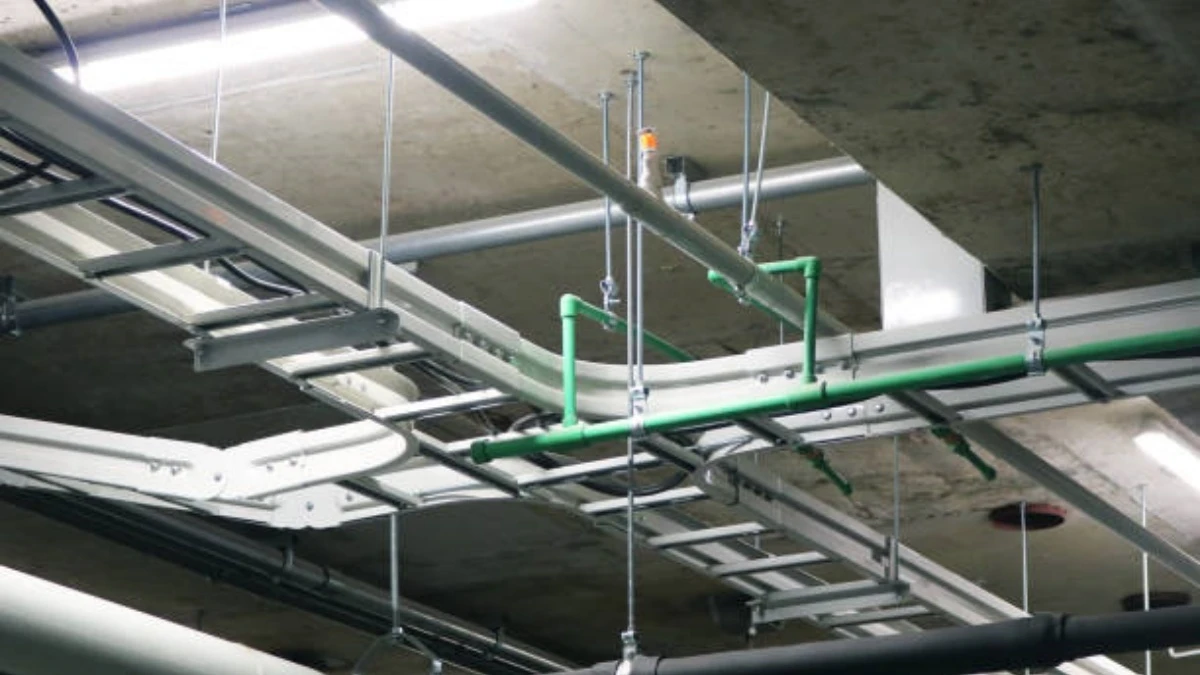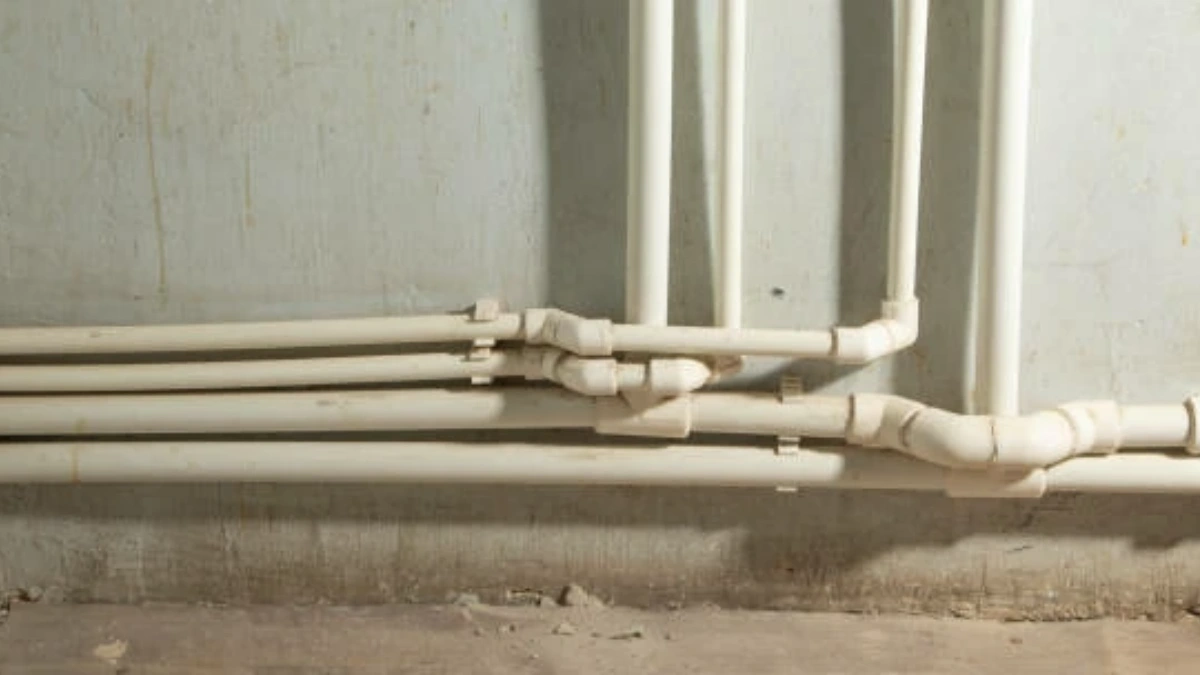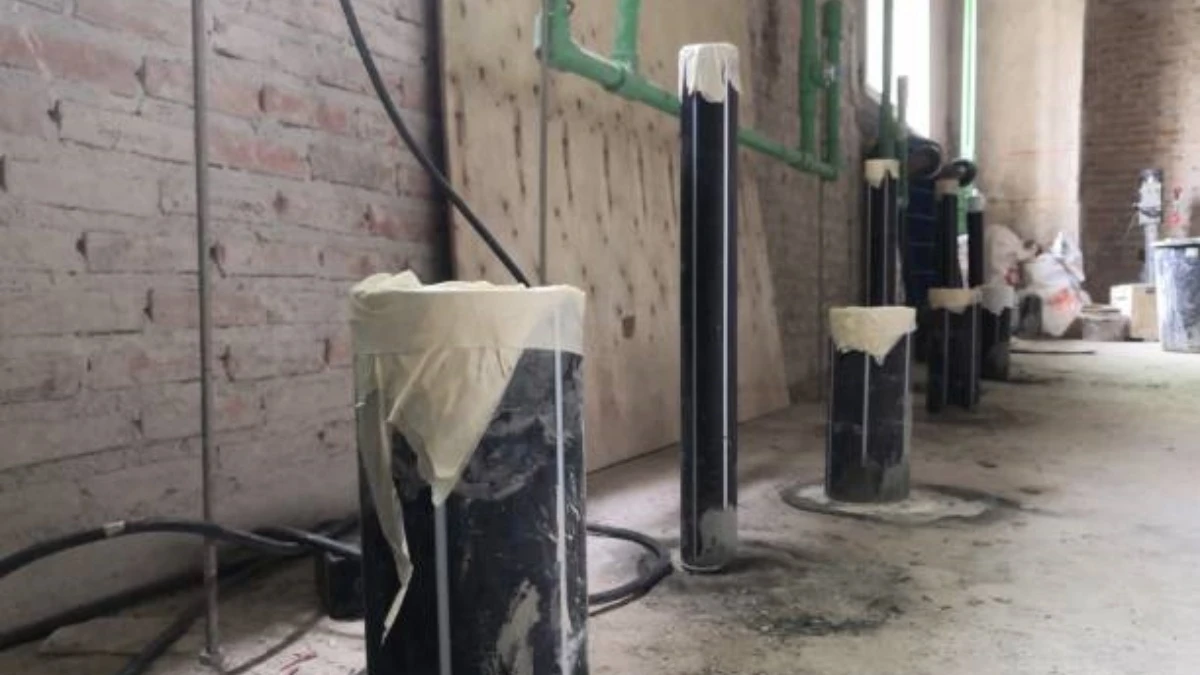As the world faces growing concerns about climate change, governments and municipalities are taking steps to reduce carbon emissions, and one area where this shift is becoming particularly evident is in the construction industry. One of the most contentious issues in this transition is the rise in natural gas bans, which aim to limit the use of fossil fuels in new buildings. However, the push for these bans has hit a legal “shut-off valve,” as various legal and regulatory challenges have emerged, halting or delaying the implementation of such policies. This article explores the legal complexities surrounding natural gas bans, their impact on construction practices, and the role of shut-off valves in managing energy consumption.
The Growing Push for Natural Gas Bans
Natural gas has long been a popular source of energy for heating, cooking, and powering appliances in homes and businesses. However, with the rise in global temperatures and mounting pressure to combat climate change, many cities and states in the United States and around the world have begun considering or implementing policies that restrict or ban the use of natural gas in new construction projects.
Reasons Behind the Natural Gas Bans
- Climate Change Mitigation: Natural gas is a fossil fuel, and its combustion contributes to greenhouse gas emissions. Governments are looking for ways to lower carbon emissions, with the ultimate goal of reaching net-zero emissions in the coming decades.
- Promotion of Clean Energy: Natural gas bans often coincide with incentives for renewable energy sources like wind, solar, and geothermal. By reducing reliance on natural gas, municipalities aim to accelerate the adoption of cleaner energy alternatives.
- Health and Safety Concerns: Some proponents argue that natural gas use poses health risks, particularly in terms of indoor air quality, as leaks and combustion can release pollutants into the home environment.
The Impact on the Construction Industry
As the push for natural gas bans gains momentum, it is reshaping construction practices. In new buildings, developers are being require to implement electric systems for heating and cooking, which often means the adoption of technologies like heat pumps, electric stoves, and advanced insulation systems to meet energy demands.
However, this shift in building standards has led to a backlash from various sectors, including the construction and natural gas industries, who argue that the bans are too restrictive and could drive up construction costs. They point out that natural gas has been a reliable, cost-effective energy source for decades, and transitioning to electric systems could be challenging in terms of both cost and feasibility.

The Role of Shut-Off Valves in Energy Regulation
While natural gas bans aim to limit energy consumption from fossil fuels, shut-off valves have long been an essential tool for managing energy flow within any system. Whether in residential, commercial, or industrial applications, shut-off valves play a crucial role in ensuring the safety, efficiency, and regulation of energy use.
What Is a Shut-Off Valve?
A shut-off valve is a mechanical device useful to control the flow of gas, water, or other fluids through pipelines. In the case of natural gas, these valves are design to stop the flow of gas to a system when necessary. This can be done for a variety of reasons, including maintenance, safety concerns, or emergencies. In a larger context, shut-off valves are used in energy systems to manage energy supply and prevent waste.
Shut-Off Valves in Natural Gas Systems
In buildings that rely on natural gas for heating, cooking, or other purposes, shut-off valves are install at key points in the gas pipeline. These valves allow utility workers or building managers to quickly and safely stop the flow of gas in case of a leak, maintenance requirement, or system upgrade.
- Safety Function: Shut-off valves are crucial for preventing accidents or disasters due to gas leaks or system malfunctions.
- System Maintenance: Shut-off valves are useful during regular maintenance of gas-powered systems to safely isolate parts of the system for repair.
- Energy Efficiency: Shut-off valves can be integrate into smart home systems, allowing homeowners or businesses to control their energy use more efficiently by shutting off gas or water flow when not needed.
Legal Challenges to Natural Gas Bans
Despite the increasing adoption of natural gas bans in certain regions, the push for these policies has not been without legal challenges. Opponents of the bans argue that such regulations infringe upon property rights, disrupt the market, and may lead to unintended economic consequences.
Legal Shut-Off Valve: The Pushback Against Gas Bans
- Property Rights and Local Control: Some argue that banning natural gas use in homes violates property rights and the right of individuals to choose their energy sources. Builders, developers, and residents in certain areas have filed lawsuits against local governments, claiming that the bans force them to adopt costly and unproven technologies.
- Challenges from the Natural Gas Industry: The natural gas industry has also mounted legal challenges, arguing that local governments lack the authority to impose such bans. The industry claims that natural gas remains a safe, reliable, and affordable energy source that is critical for energy security.
- State Preemption Laws: Several states have pass laws preempting local governments from implementing natural gas bans, arguing that energy regulation should be handled at the state level. These laws have resulted in legal battles between state governments and cities or counties that seek to implement such bans.
Court Rulings and Impact on Policy
Recent court rulings on natural gas bans have been mix. In some cases, local bans have been upheld, while in others, courts have ruled in favor of the natural gas industry, blocking the implementation of new regulations. This legal uncertainty has created a “shut-off valve” for the broader adoption of natural gas bans, as cities and municipalities are hesitant to pass such legislation without clearer legal guidance.
The Future of Natural Gas Bans and Shut-Off Valves
As the legal battles surrounding natural gas bans continue to unfold. It is likely that this issue will remain a significant point of contention in the coming years. However, whether or not natural gas bans become more widespread. The role of shut-off valves in managing energy systems will only become more important.
Integration with Renewable Energy Systems
Shut-off valves will play a key role in integrating renewable energy sources with existing gas or electric systems. As energy networks become more decentralize and diversified. Shut-off valves will be need to manage the flow of multiple energy sources, ensuring safety and efficiency.
Smart Shut-Off Valves
With the rise of smart home technologies. The next generation of shut-off valves will be more intelligent and integrated with home automation systems. Homeowners will be able to monitor and control their energy consumption remotely. Which shutting off gas or electric systems when not in use to save energy and reduce costs.
Sustainability and Efficiency Goals
As governments continue to push for cleaner energy solutions. The role of shut-off valves in maintaining energy efficiency will be crucial. By ensuring that natural gas systems are efficiently regulate and that renewable energy solutions are seamlessly integrate into building infrastructure. These valves will help cities and industries meet sustainability and energy reduction targets.
Conclusion
The debate surrounding natural gas bans is complex, involving legal, economic, and environmental factors. While such bans aim to reduce reliance on fossil fuels and mitigate climate change. They have face significant pushback. Which particularly from the natural gas industry and certain stakeholders in the construction sector. The legal battles over these bans act as a kind of “shut-off valve” for the widespread adoption of such policies.
Regardless of the outcome of these legal challenges. Which shut-off valves will continue to play a critical role in managing energy systems and ensuring safety and efficiency. As the construction industry moves toward more sustainable solutions. The role of smart valves and energy-efficient systems will be key to achieving long-term climate and energy goals.
FAQs
1. What is the purpose of a shut-off valve in a natural gas system?
A shut-off valve controls the flow of natural gas to a system. Which allowing it to be turn off for safety, maintenance, or efficiency purposes.
2. Why are natural gas bans becoming more common?
Natural gas bans are part of efforts to reduce carbon emissions and promote cleaner. Which renewable energy sources in response to climate change concerns.
3. What legal challenges have arisen from natural gas bans?
Opponents argue that natural gas bans infringe on property rights and market freedom. Legal challenges have come from the natural gas industry, property owners, and developers.
4. How do shut-off valves contribute to energy efficiency?
Shut-off valves help manage energy flow, ensuring that systems are only using energy when necessary. Thus contributing to overall efficiency and cost savings.
5. What is the future of smart shut-off valves?
Smart shut-off valves will be integrate with home automation and energy management systems.Which allowing for remote control and monitoring of energy consumption.


















